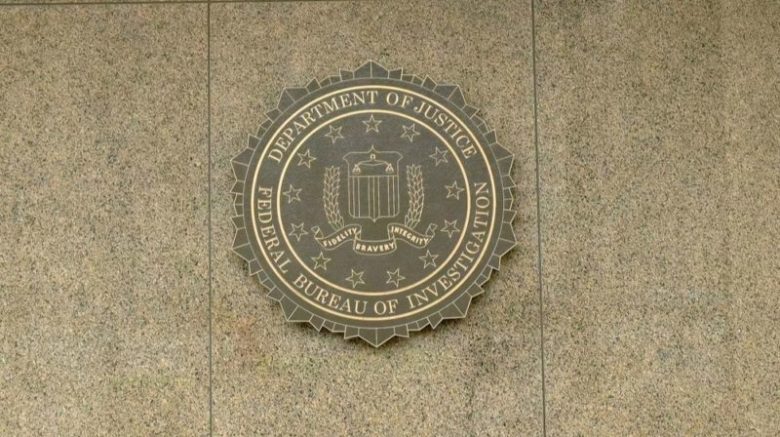Breaking News
DOJ Affidavit on FBI Mar-A-Lago Raid Unsealed by Federal Judge

A federal judge unsealed the Department of Justice (DOJ) affidavit that sought the search warrant for the raid on former President Donald Trump’s Mar-a-Lago, Florida estate by the Federal Bureau of Investigation.
A special agent with the FBI signed the said affidavit, which contends that the DOJ determined that classified information had not been stored correctly and that there could be more at Mar-a-Lago. This conclusion was made after reviewing 15 boxes’ worth of material that the former President voluntarily submitted to the government.
“The FBI’s investigation has established that documents bearing classification markings, which appear to contain National Defense Information (NDI), were among the materials contained in the FIFTEEN BOXES and were stored at the PREMISES in an unauthorized location,” the affidavit read.
It added: “Further, there is probable cause to believe that additional documents that contain classified NDI or that are Presidential records subject to record retention requirements currently remain at the PREMISES. There is also probable cause to believe that evidence of obstruction will be found at the PREMISES.”
One of the primary concerns cited by the government was that the documents and materials stored in the boxes were poorly organized.
It reads: “[A] preliminary review of the FIFTEEN BOXES indicated that they contained “newspapers, magazines, printed news articles, photos, miscellaneous print-outs, notes, presidential correspondence, personal and post- presidential records, and ‘a lot of classified records.’ Of most significant concern was that highly classified records were unfoldered, intermixed with other records, and otherwise unproperly [sic] identified.”
DOJ Affidavit Did Not Cite National Security
The agent did not know that the documents, with what were said to be classification markings, contained defense-related information. However, the agent said, “[b]ased on my training and experience, I know that documents classified at these levels typically contain NDI.”
Source: CNBC
The memorandum read:
“The categories, described further below, are (1) information from a broad range of civilian witnesses who may be subject to “witness intimidation or retaliation,” D.E. 80 at 9; (2) information regarding investigative avenues and techniques that could provide a roadmap for potential ways to obstruct the investigation, id. at 9-10; (3) information whose disclosure is prohibited under Rule 6(e) of the Federal Rules of Criminal Procedure (“Rule 6(e)”), such as grand jury subpoenas, testimony, and related material, id. at 10; (4) information whose disclosure could risk the safety of law enforcement personnel, id. at 9; and (5) information _whose disclosure could harm “legitimate privacy interests” of third parties.
However, national security was not included in the “five categories of information that must remain under seal in order to protect the safety of multiple civilian witnesses.” Additionally, the 38-page unsealed affidavit released to the public had around 20 pages worth of redactions.
Up Next:
